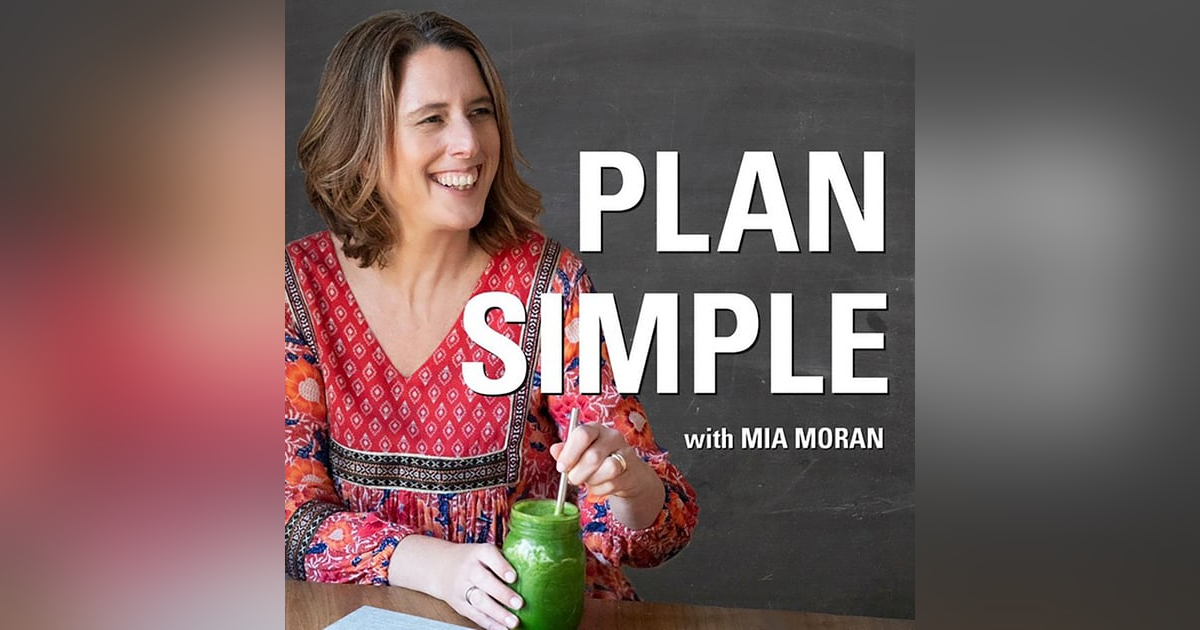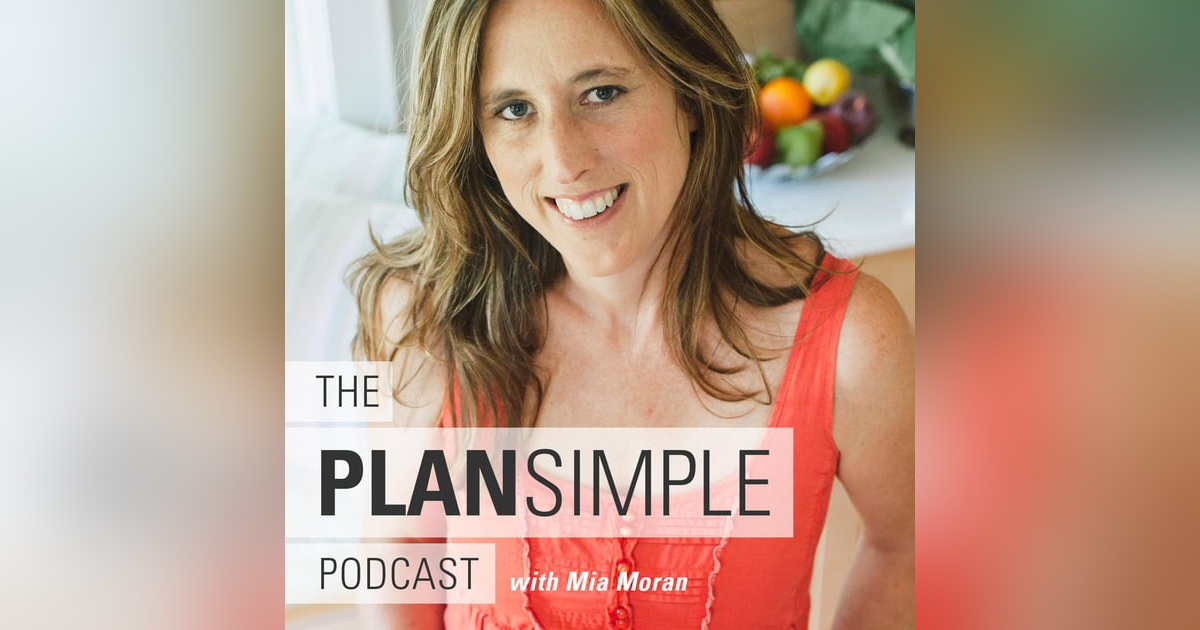
Sign up to get updates from us
By signing up, you agree to receive email from this podcast.

“Listen to your children, try to understand their world and where they're coming from.”
–Dr. Abroes Pass-Turner
Do you ever dismiss or minimize what your kid is feeling? Do you ever feel like their emotions are out of control? I’m really excited to talk with Dr. Ambroes Pass-Turner, doctor of counseling psychology and author of Rex's Journey: Helping Children Understand and Cope with Emotions, about emotional intelligence and helping kids regulate emotions.
So often we go into “fix it” mode when our kids have big emotions. We want to make things easier for them or we’re just trying to make dinner or get through the grocery line. But having kids bury emotions doesn’t help.
We know that when children learn how to regulate their emotions, they have less stress and less anxiety and they're better able to problem solve. As parents we can listen, validate emotions, and help kids work through them.
We talk about:
BIO
Dr. Ambroes Pass-Turner is a Doctor of Counseling Psychology and the owner of APT Counseling Services LLC. She is a professor at Grand Canyon University in the College of Humanities and Social Sciences and Georgia Military College. Dr. Ambroes Pass-Turner is an author and published the books Rex's Journey: Helping Children Understand and Cope with Emotions, ADHD Warrior: Helping Children Conquer ADHD Unwanted Behaviors, and Childhood Sexual Abuse: Pathway to Mental Health Issues and Delinquent Behavior.
Dr. Pass-Turner has worked in mental health for over 20 years and has experience working with children and adults. Dr. Pass-Turner is an expert in working with behavioral and emotionally disturbed children, adults, families, and offenders within the criminal justice system. She is currently an Advisory board member for the Muscogee County Youth Detention Center Department of Juvenile Justice. Dr. Pass-Turner conducts professional seminars and workshops that focus on enhancing professional development and life skills.
LINKS
Doable Changes from this episode: